Apple Inc. (NASDAQ:AAPL) Faces Tariff Challenges but Maintains Strong Growth Prospects

- UBS maintains a "Buy" rating for Apple Inc. (NASDAQ:AAPL) despite a 20% decline in stock price, indicating confidence in long-term growth.
- Apple's potential tariff challenges could impact gross margins, yet its services business continues to grow, showcasing adaptability.
- The company's market capitalization stands at approximately $3 trillion, with a current stock price of $200.85, reflecting resilience amidst competition and market fluctuations.
Apple Inc. (NASDAQ:AAPL) is a leading technology company known for its innovative products, including the iPhone, iPad, and Mac computers. The company has built a strong ecosystem with approximately 2.3 billion Apple devices worldwide. Despite its success, Apple faces challenges, such as the recent decline in its stock price and increased competition from companies like Nvidia and Microsoft.
On June 1, 2025, UBS maintained its "Buy" rating for Apple, with the stock priced at $200.85. Despite a 20% decline in Apple's stock this year, UBS's decision to hold the current position suggests confidence in the company's long-term potential. Apple's market capitalization now stands at $3 trillion, trailing behind Nvidia and Microsoft, with the possibility of soon falling behind Amazon.
A significant factor contributing to Apple's stock decline is President Trump's plan to impose a 25% tariff on iPhones manufactured outside the United States. This tariff could severely impact Apple's gross margins, affecting its profitability. Despite this challenge, Apple's iPhone has been a key driver of its success, with no significant stumbles since its launch in 2007.
Apple's stock price currently stands at $200.85, reflecting a 0.45% increase with a change of $0.9. The stock has fluctuated between a low of $196.78 and a high of $201.94 today. Over the past year, AAPL has reached a high of $260.1 and a low of $169.21. The company's market capitalization is approximately $2.999 trillion, with a trading volume of 70.8 million shares on the NASDAQ.
Despite the recent decline, Apple's services business, particularly its App Store, continues to grow, fueled by the vast ecosystem of Apple devices. This growth highlights the company's ability to adapt and innovate, even in the face of challenges. As highlighted by Benzinga, Apple's stock performance may lag behind peers, but Wall Street remains optimistic about its future prospects.
| Symbol | Price | %chg |
|---|---|---|
| 005935.KS | 70000 | 0 |
| 005930.KS | 89000 | 0 |
| AAPL.MX | 4739.99 | -0.19 |
| 6758.T | 4206 | 2.23 |
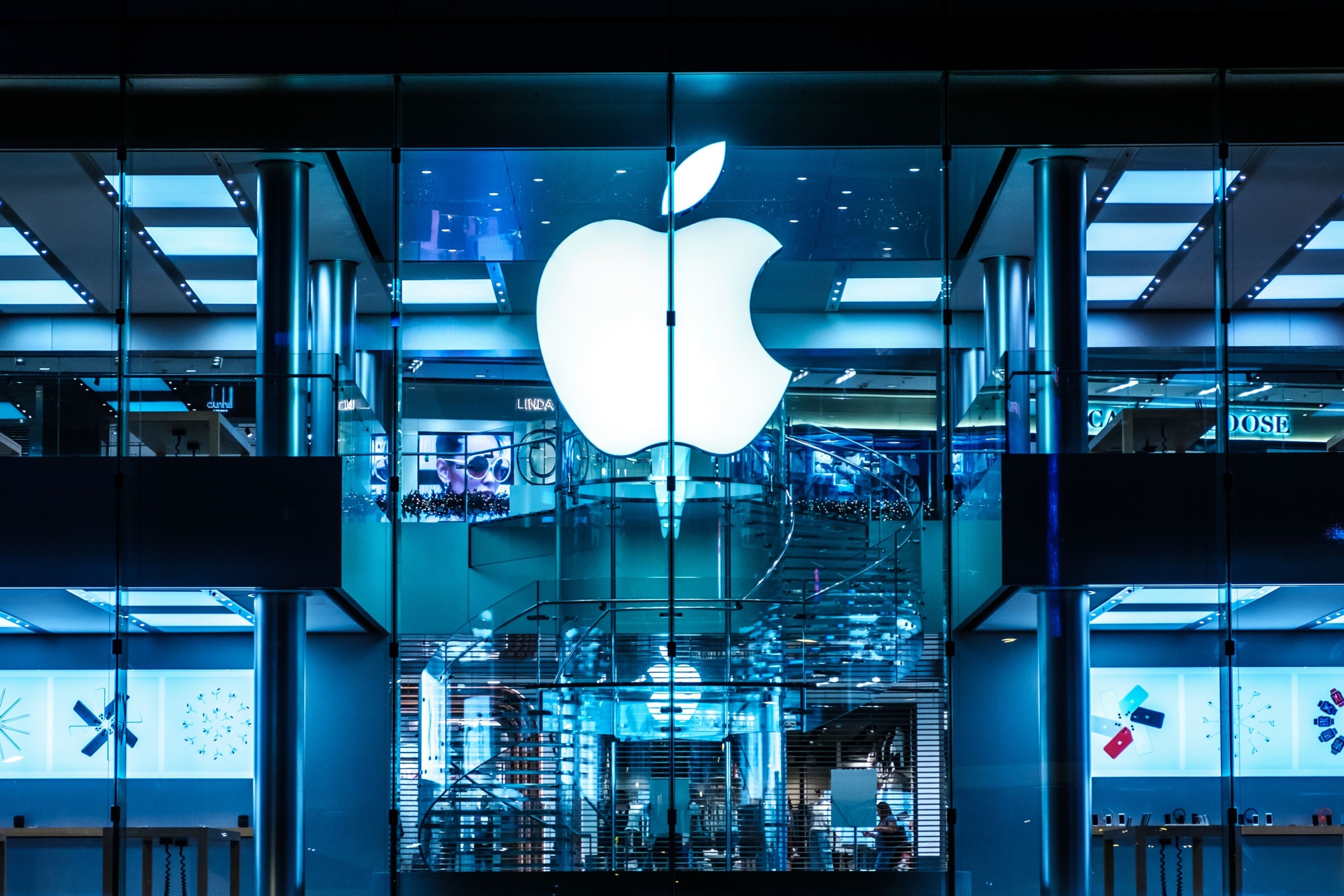
Apple Inc. (NASDAQ:AAPL) Sees Positive Outlook from Analysts and Supplier Innovations
- Dan Ives from Wedbush sets a price target of $310 for Apple Inc. (NASDAQ:AAPL), indicating a potential upside of 26.27%.
- Apple's stock price has recently increased by 3.20%, with a current price of $245.50.
- Luxshare, an Apple supplier, experiences a 10% surge in share price after announcing a deal with OpenAI, highlighting potential competition for Apple's Siri-enabled devices.
Apple Inc. (NASDAQ:AAPL) is a leading technology company known for its innovative products, including the iPhone, iPad, and Mac computers. On September 22, 2025, Dan Ives from Wedbush set a price target of $310 for Apple, suggesting a potential upside of 26.27% from its current price of $245.50. This optimistic outlook is driven by the positive demand trajectory for the iPhone 17, as highlighted by Benzinga.
Apple's stock price has seen a recent increase of 3.20%, or $7.62, reaching $245.50. Throughout the day, the stock fluctuated between $240.21 and $246.30. Over the past year, Apple's stock has experienced a high of $260.10 and a low of $169.21. The company's market capitalization is approximately $3.64 trillion, reflecting its significant presence in the tech industry.
Luxshare, a supplier for Apple, has also been in the spotlight. The company experienced a 10% surge in its share price after reports of a deal with OpenAI to develop a consumer AI device. This increase has contributed to Luxshare's impressive 55% gain year-to-date. Luxshare's potential new product, a smart speaker prototype using ChatGPT large language models, could compete with Apple's Siri-enabled devices.
Luxshare's developments may impact its relationship with Apple, as the company explores a secondary listing in Hong Kong this year. This move could provide Luxshare with additional capital to expand its operations and compete more effectively in the tech market. As Luxshare continues to innovate, its partnership with Apple remains a key factor in its growth strategy.
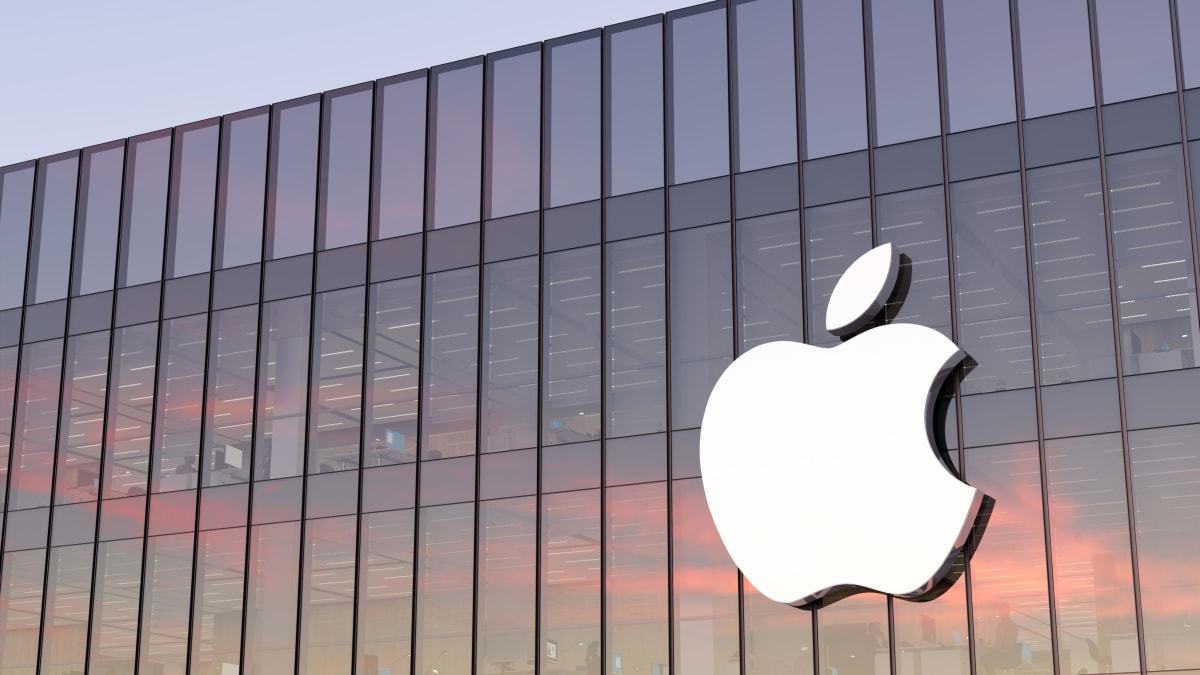
Apple Inc. (NASDAQ:AAPL) Unveils iPhone Air, Analysts Optimistic
- Apple Inc. (NASDAQ:AAPL) introduces the iPhone Air, expected to boost the company's innovation reputation and stock performance.
- Evercore ISI upgrades Apple's price target from $250 to $260, indicating confidence in the company's future growth.
- Melius Research sets a bullish price target of $290 for Apple, suggesting a significant potential upside.
Apple Inc. (NASDAQ:AAPL) is a leading technology company known for its innovative products and services. The company designs, manufactures, and markets consumer electronics, software, and online services. Apple's product lineup includes the iPhone, iPad, Mac, Apple Watch, and Apple TV. The company competes with other tech giants like Samsung, Google, and Microsoft.
The recent unveiling of the iPhone Air is a significant milestone for Apple. This new product is expected to enhance Apple's reputation for innovation and design excellence. The iPhone Air's advanced features and sleek design are likely to attract consumer interest, potentially boosting Apple's stock performance. New product launches often generate excitement among investors and consumers alike.
Evercore ISI has maintained an "Outperform" rating for Apple, with a price target increase from $250 to $260, as highlighted by TheFly. This suggests confidence in Apple's future performance, especially with the introduction of the iPhone Air. At the time of Evercore's announcement, Apple's stock was priced at $234.35, indicating potential growth.
Melius Research's Ben Reitzes has set a price target of $290 for Apple, reflecting a potential increase of approximately 26.54% from the current stock price of $229.17. This optimistic outlook aligns with the anticipation surrounding the iPhone Air's market impact. The stock's current price of $230.07 shows a 1.45% increase from the previous session.
Apple's market capitalization is approximately $3.41 trillion, underscoring its position as a dominant player in the tech industry. The stock has traded between $226.65 and $230.16 today, with a trading volume of 29.76 million shares on the NASDAQ exchange. Over the past year, Apple's stock has reached a high of $260.10 and a low of $169.21.

Apple Inc. (NASDAQ:AAPL) Stock Analysis and Future Prospects
Apple Inc. (NASDAQ:AAPL) is a leading technology company known for its innovative products and services. It is a major player in the consumer electronics market, with competitors like Samsung and Google. On September 8, 2025, Erwan Rambourg from HSBC set a price target of $220 for Apple. At that time, the stock was trading at $239.69, showing a price difference of about -8.21% from the target.
Apple is preparing for its annual autumn showcase in Cupertino on September 9. This event is expected to unveil the iPhone 17 range and new Apple Watches. A key highlight will be the iPhone 17 Air, a slim model at 5.5 millimeters, compared to the standard iPhone's 7.8 millimeters and the Pro version's 8.3 millimeters.
Currently, Apple is trading at $239.69 on the NASDAQ. The stock has seen a slight decrease of 0.09, which is a percentage change of approximately -0.04%. Today's trading range has been between $238.49 and $241.32. Over the past year, the stock has reached a high of $260.10 and a low of $169.21.
Apple has a significant market capitalization of about $3.56 trillion, reflecting its strong position in the market. The trading volume for the day is 54.87 million shares, indicating active investor interest. As Apple continues to innovate, its stock performance remains a focal point for investors.
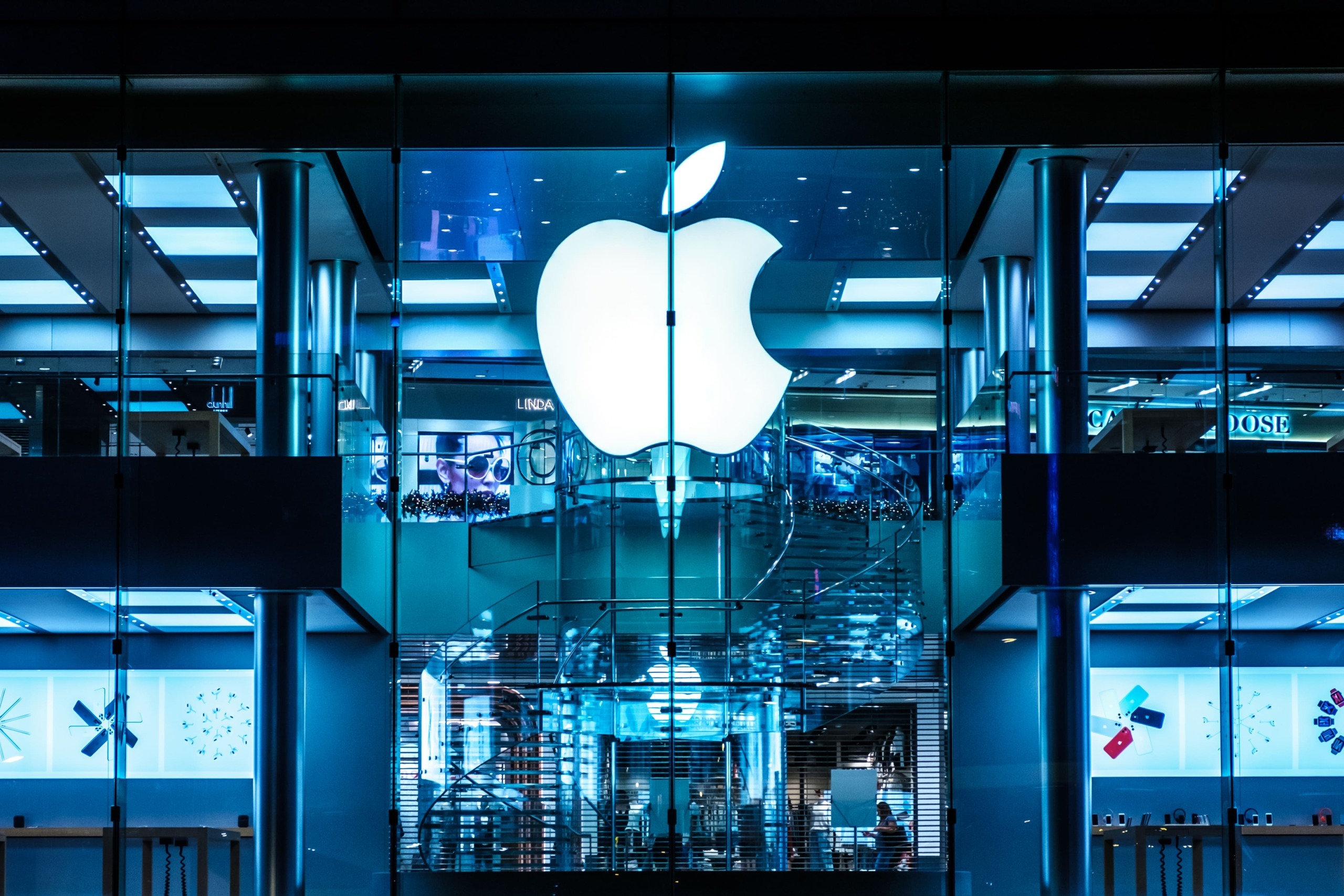
Apple Inc. Expands in India Amid Strong Market Performance
- Apple Inc. (NASDAQ:AAPL) is expanding its retail footprint in India with a new store opening, signaling growth in a crucial market.
- Goldman Sachs maintains a "Buy" rating for Apple, reflecting confidence in the company's market position and upcoming special event.
- Despite slight fluctuations, Apple's stock remains strong with a robust market capitalization of approximately $3.39 trillion.
Apple Inc. (NASDAQ:AAPL) is a leading technology company known for its innovative products like the iPhone, iPad, and Mac computers. The company is expanding its retail footprint in India with the opening of Apple Hebbal in Bengaluru on September 2. This move is part of Apple's strategy to strengthen its presence in India, a crucial market for growth.
Goldman Sachs recently maintained its "Buy" rating for Apple, as highlighted by TheFly. At the time, Apple's stock was priced at $229.31. This endorsement comes as Apple prepares for a special event, which could further boost its market position. The current stock price is $228.61, showing a slight decrease of 1.52% or $3.54.
Apple's stock has experienced fluctuations, with a trading range today between $227.17 and $230.78. Over the past year, the stock has seen a high of $260.10 and a low of $169.21. Despite these fluctuations, Apple's market capitalization remains robust at approximately $3.39 trillion, reflecting its strong market presence.
The trading volume for Apple today is 21,815,499 shares on the NASDAQ exchange. This level of activity indicates significant investor interest, likely influenced by the upcoming store opening and anticipated special event. Apple's continued expansion in India and its strong market performance make it a key player in the tech industry.
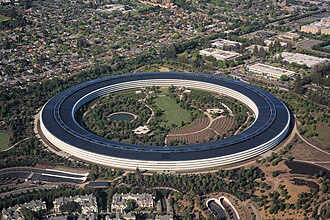
Apple Inc. (NASDAQ:AAPL) Maintains Strong Market Position and Financial Health
- Apple's ecosystem and innovative products continue to drive its success, making it a global technology leader.
- Positive ratings from BMO Capital and Evercore ISI reflect confidence in Apple's growth and market leadership.
- The company's strategic financial management and focus on AI and user privacy position it well for future growth.
Apple Inc. (NASDAQ:AAPL) is a global leader in technology, renowned for its innovative products and services. The company has built a robust ecosystem with over 2.35 billion active devices worldwide, including iPhones, computers, and tablets. This ecosystem's stickiness has been a key driver of Apple's success, making it one of the world's largest companies.
On August 13, 2025, BMO Capital and Evercore ISI both maintained positive ratings for Apple, with BMO Capital giving a "Buy" grade and Evercore ISI rating it as "Outperform." At the time, AAPL was priced at $231.52 and $229.65, respectively. These ratings reflect confidence in Apple's continued growth and market leadership.
Apple's financial health is supported by its strategic use of debt and equity. The company's debt-to-equity ratio of 1.54 indicates a higher reliance on debt, while a net debt to EBITDA ratio of 0.51 shows moderate leverage. With total assets of $331.5 billion and liabilities of $265.7 billion, Apple maintains a strong balance sheet.
The company's liquidity is demonstrated by a current ratio of 0.87 and a quick ratio of 0.83, indicating its ability to meet short-term obligations. Apple's cash and cash equivalents total $30.5 billion, providing a solid financial cushion. This financial strength supports its dividend strategy, with a recent dividend of $0.26 per share announced on August 11, 2025.
Apple's strategic focus on AI, particularly with the anticipated revamp of Siri, positions it well for future growth. The company's strong brand and ecosystem are expected to enhance its AI capabilities. Additionally, Apple's victory in the global encryption battle underscores its commitment to user privacy, further solidifying its market position.
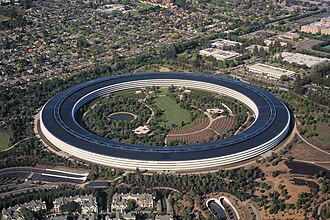
Apple Inc. (NASDAQ:AAPL) Maintains Strong Market Position Despite Challenges
- BMO Capital maintains a "Buy" rating for Apple Inc. (NASDAQ:AAPL), reflecting confidence in its market position and future prospects.
- Apple addresses allegations of favoritism in its App Store, ensuring a level playing field for AI applications.
- Despite facing challenges such as tariffs and rising costs, Apple's strategic investments and market strategies continue to attract investor confidence.
Apple Inc. (NASDAQ:AAPL) is a leading technology company known for its innovative products like the iPhone, iPad, and Mac computers. On August 13, 2025, BMO Capital maintained its "Buy" rating for Apple, with the stock priced at $231.52. This decision reflects confidence in Apple's market position and future prospects, despite some challenges the company faces.
Apple is currently dealing with allegations from Elon Musk regarding favoritism in its App Store. Musk claims that Apple favors OpenAI over other AI applications. However, Apple has denied these claims, stating that its app recommendations are based on objective criteria. Other AI apps, such as Perplexity and DeepSeek, have also topped the App Store charts, indicating a level playing field.
In the third quarter, Apple's revenue growth was primarily driven by iPhone sales. However, this growth is compared to a weaker performance in the previous year. The company's margins are under pressure due to rising costs in research and development (R&D) and selling, general, and administrative (SG&A) expenses. Apple is using financial engineering to mask weaknesses in net margins, and aggressive share buybacks are artificially supporting earnings per share (EPS) and the share price.
Apple is also navigating challenges posed by tariffs under U.S. President Donald Trump's administration. While Nvidia and AMD have agreed to pay 15% of their revenues from chip sales in China to the U.S. government, Apple CEO Tim Cook has announced a $600 billion increase in U.S. investment over the next four years. This move aims to mitigate the impact of tariffs on Apple, as highlighted by CNBC.
Currently, Apple's stock price is $233.48, reflecting a 1.67% increase. The stock has traded between $230.43 and $234.54 today, with a market capitalization of approximately $3.46 trillion. Despite challenges, Apple's strategic moves and market position continue to attract investor confidence, as evidenced by the "Buy" rating from BMO Capital.
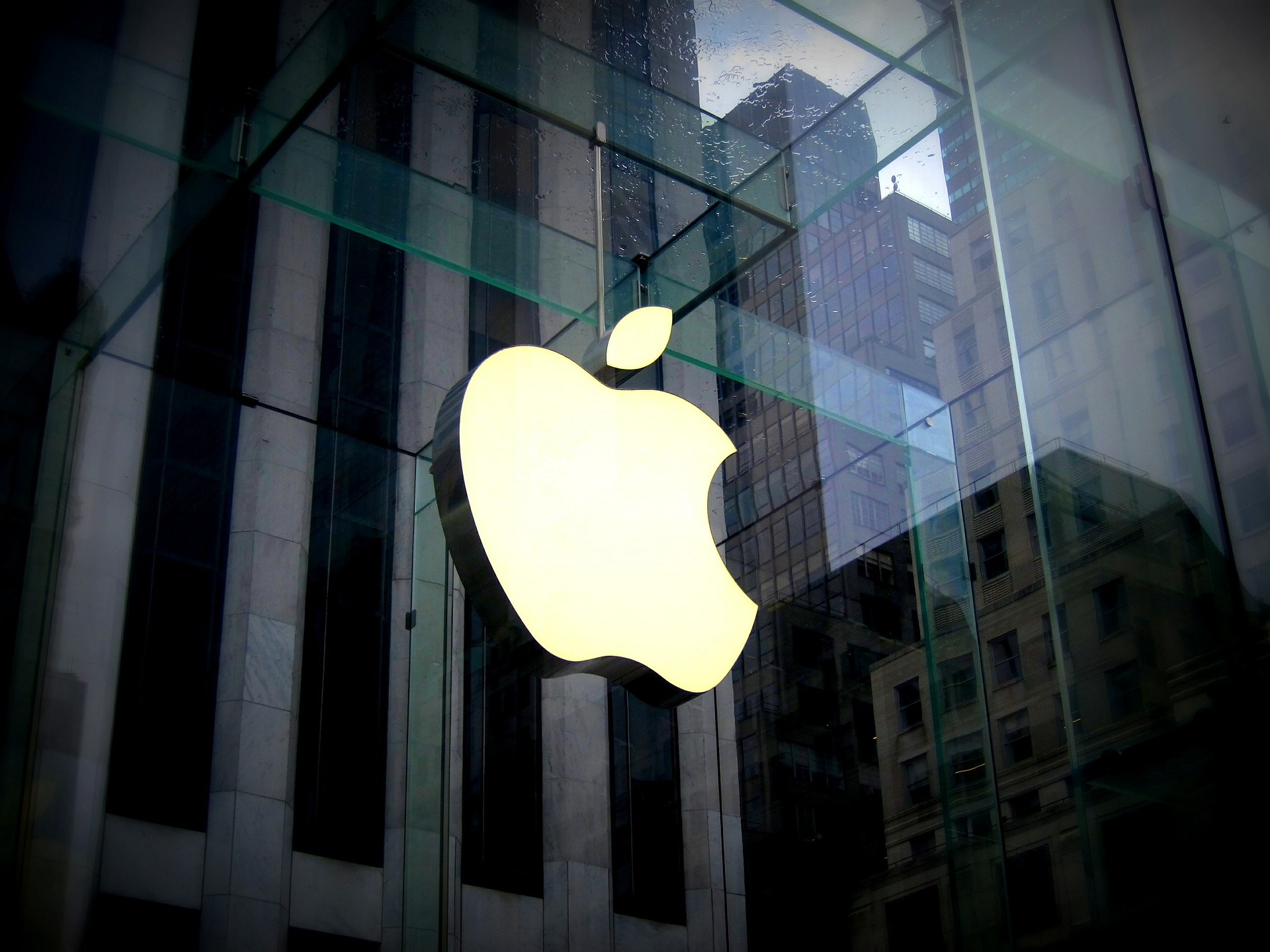
Apple Shares Dip As Tariff Concerns Offset Q3 Earnings Beat
Apple (NASDAQ:AAPL) reported third-quarter results that topped Wall Street estimates, boosted by strong iPhone sales, but shares declined over 2% on Friday due to tariff-related concerns and a lack of AI momentum.
The company posted earnings of $1.57 per share on revenue of $94.04 billion, exceeding analyst projections of $1.43 per share and $89.53 billion in revenue.
iPhone sales climbed 13% year-over-year to $44.58 billion, surpassing expectations of $40.22 billion. Apple noted that its active installed device base reached a record high across all products and regions.
Sales in Greater China rose to $15.37 billion, up from $14.73 billion a year ago, and above estimates of $15.19 billion, reversing earlier declines tied to domestic competition.
Apple's services division, which includes Apple Pay and the App Store, grew 13% year-over-year to $27.42 billion, beating the $26.80 billion forecast.
Despite these gains, the company flagged rising tariff-related costs for the current quarter. Analysts also noted limited contribution from artificial intelligence, with some investors viewing Apple as lagging behind AI-enhanced competitors.







